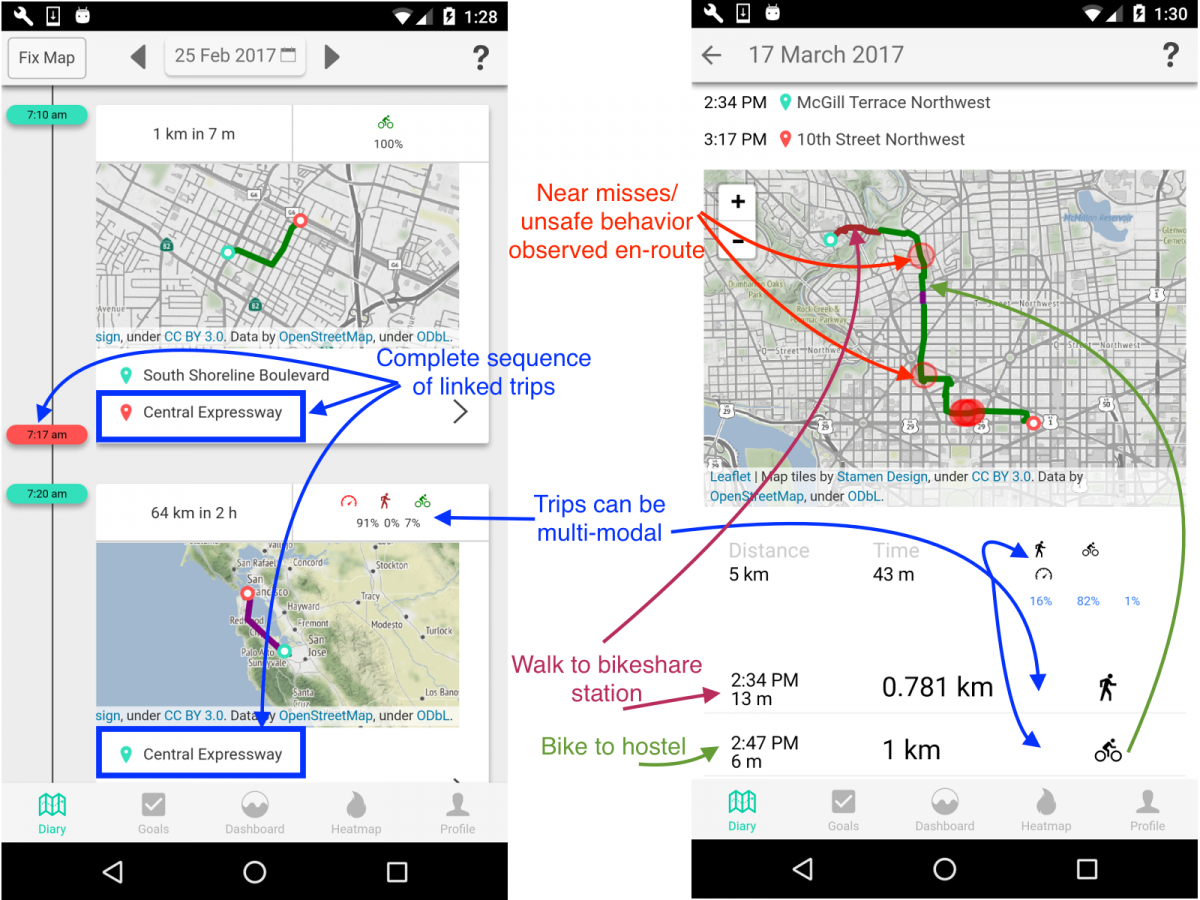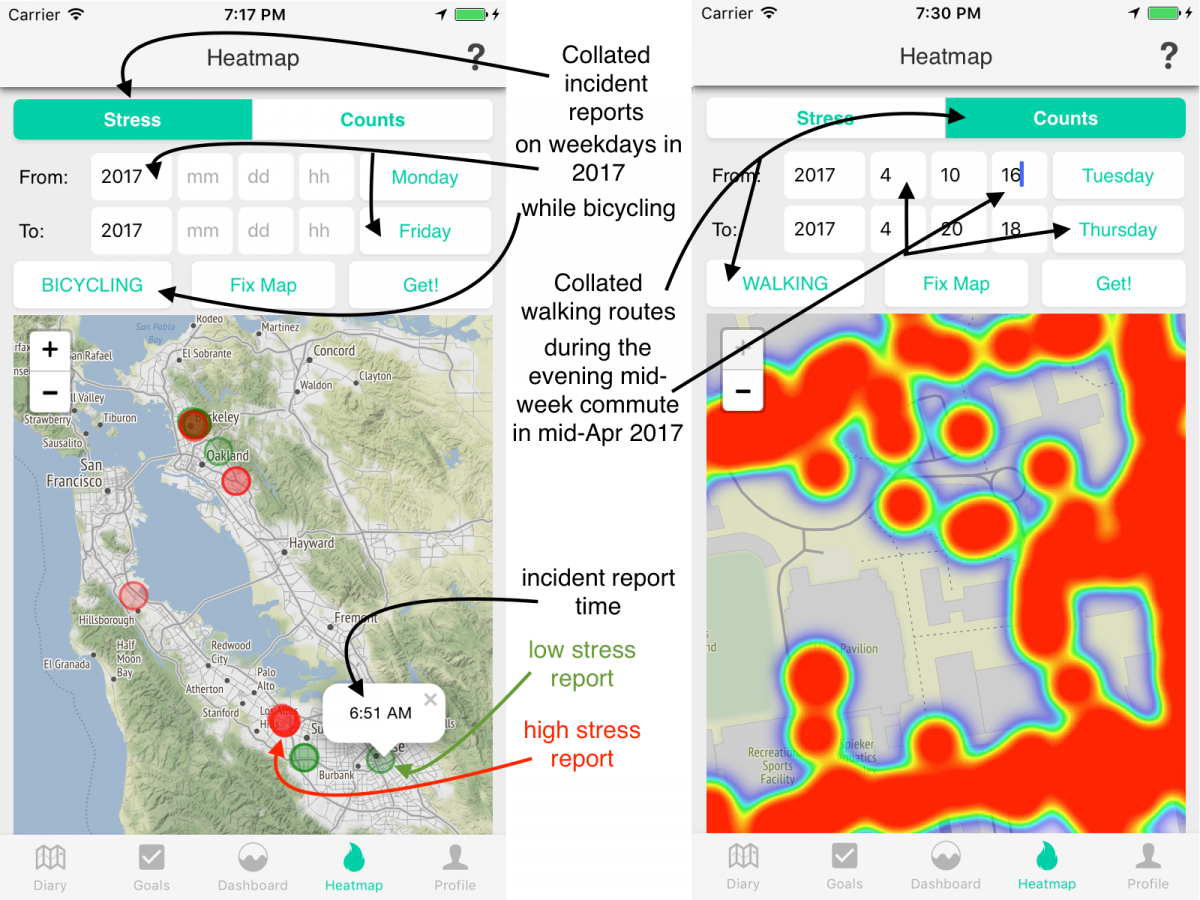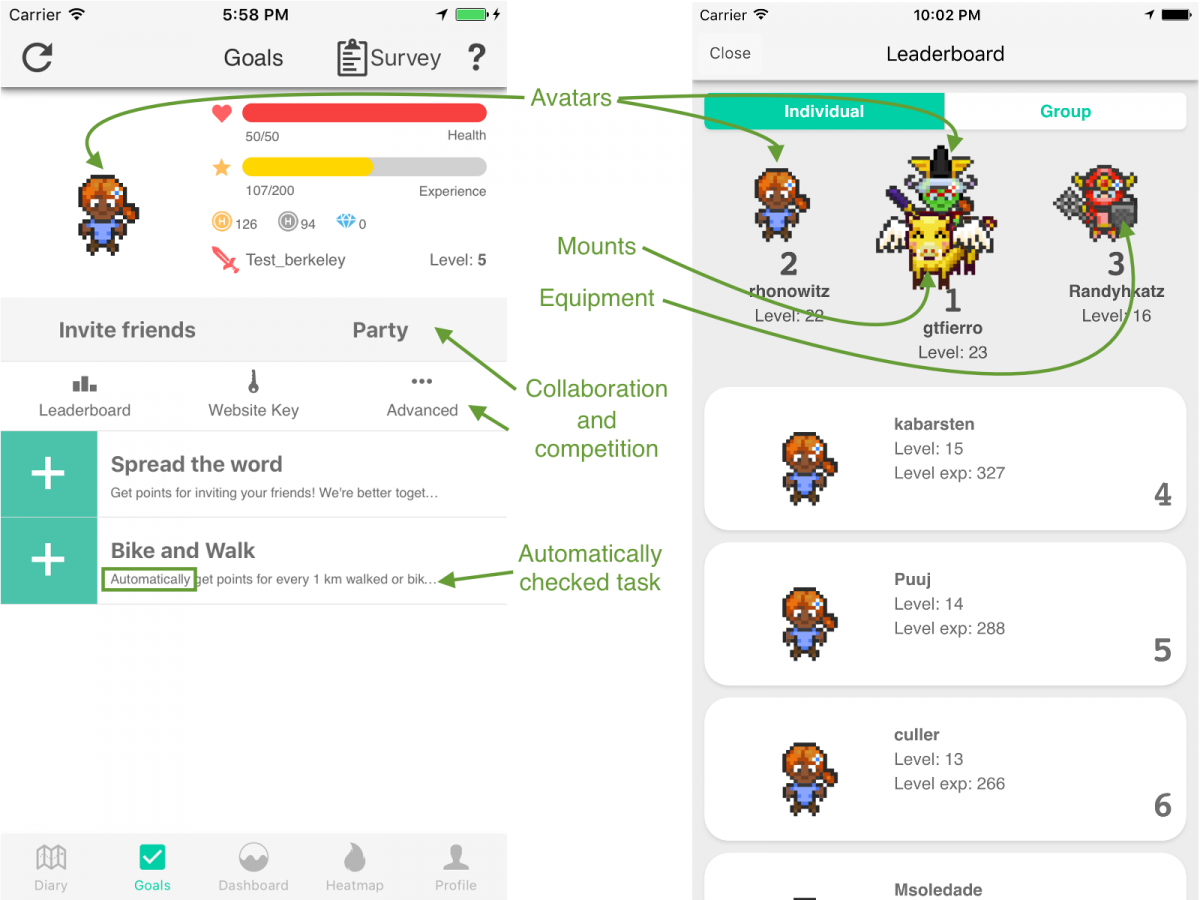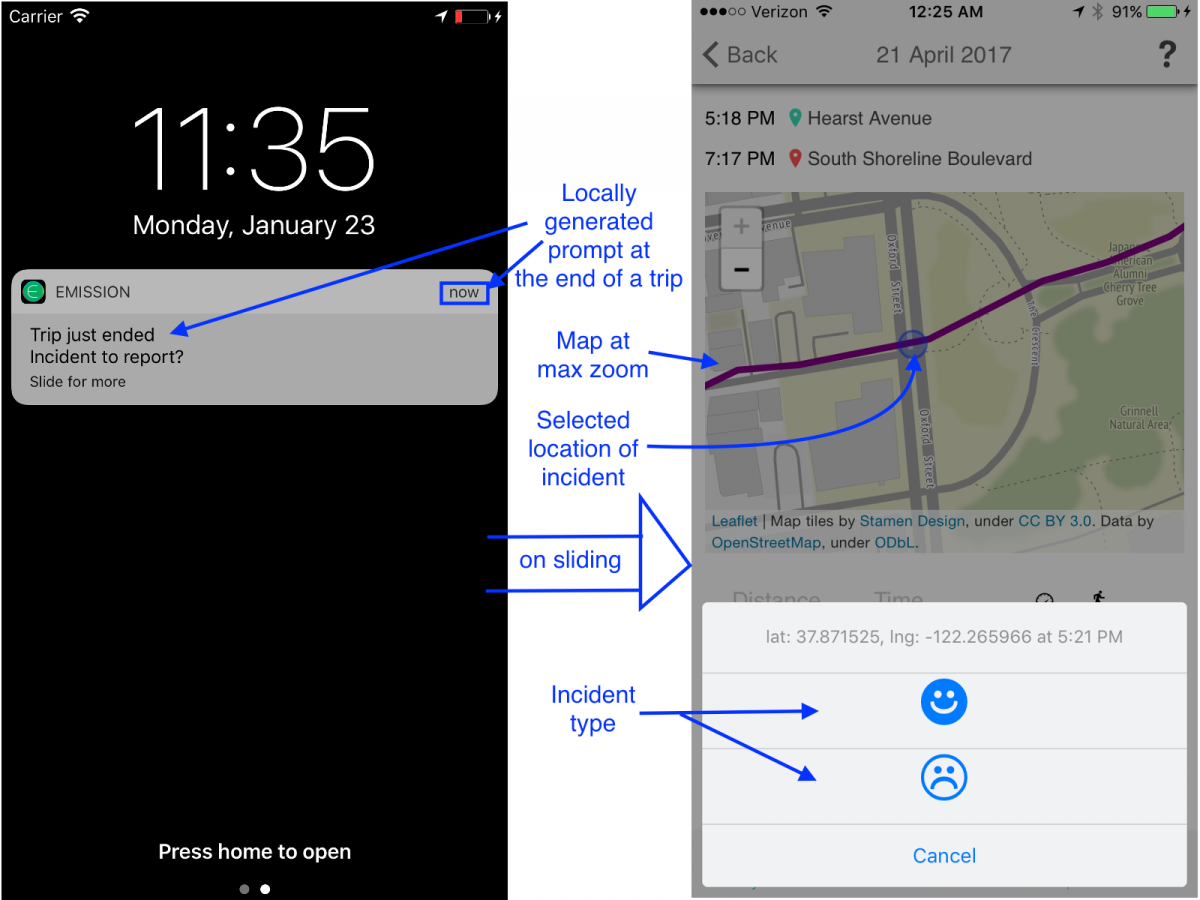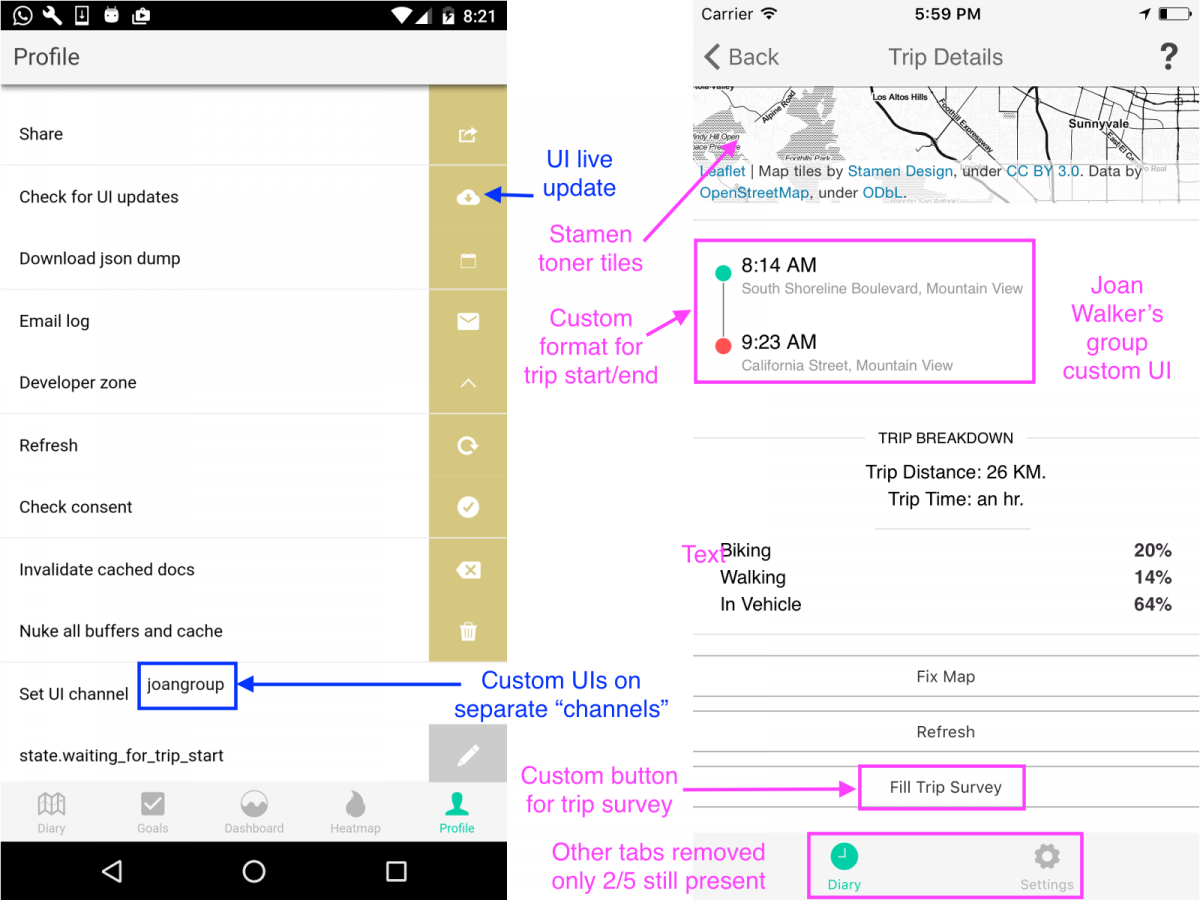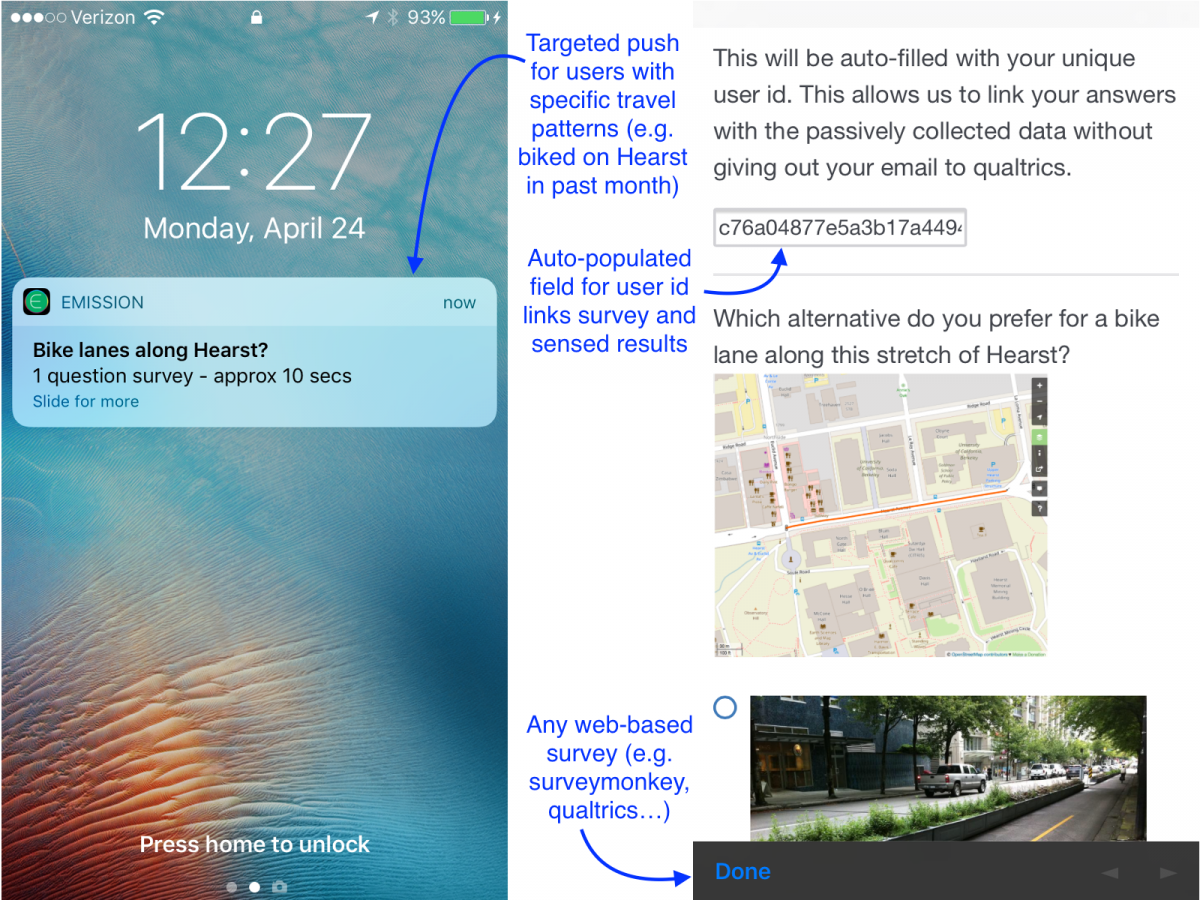Back in May 2018, K. Shankari posted a blog post on the blurry boundaries associated with Google location tracking and the interesting questions that they raised around consent, control and competition. An AP reporter, Ryan Nakashima, saw the blog posts, and contacted her for more details. While he was not able to reproduce the behavior that she had observed, he was able to work with Jonathan Mayer‘s group at Princeton to find similarly unclear and confusing privacy policies related to location history. The resulting story and step-by-step guide was posted on Monday, Aug 13, and had a large impact. In the technical press, it was picked up by at least Wired, CNET, TechCrunch, Gizmodo and Slashdot. Ryan, Jonathan and Shankari…
Blog Posts
The Right to not be Tracked II: in which I turn off the location permission for Google, but it tracks me anyway
I recently published a post about the blurry boundaries between standard system services and Google Maps on Android. I argued that these boundaries made it hard to talk about consent and competition around location services. However, the branching factor for the data sharing made the argument complex and hard to follow. Even as I was writing that post, in the train on the way into Berkeley, I started getting notifications from the Google app about the weather at my location. The Google app (aka Google Now) is a virtual assistant that is intended to provide context-sensitive helpful information to users. It is closed source, pre-installed, and it cannot be uninstalled or disabled. And I had already turned off all its…
The Right to not be Tracked: a Spotlight on Google Maps and Android Location Tracking
There has been a lot of interest in data collected about users by Facebook recently. Journalists have been shocked when they downloaded the data that Facebook has on them. Most of this concern has been focused around data collected through explicit user interaction such as web browsing, or clicking on “Like” and “Share” buttons. Background data collection, which occurs without any explicit user intervention, is arguably creepier, because it collects data whether or not you interact with the service. For example, Facebook has been criticized for logging texts and phone calls in the background. Facebook argues that users consented to sharing the data, although many users are still skeptical about how explicit the consent was. Similarly, Uber had to backtrack…
Open source platform + undergraduate energy = sustainability research
This Earth Day, join a study on motivating sustainable transportation behavior. I have blogged about the e-mission project earlier in the context of the National Transportation Data Challenge. (https://rise.cs.berkeley.edu/blog/making-cities-safer-data-collection-vision-zero/). To recap, e-mission focuses on building an extensible platform that can instrument the end-to-end multi-modal travel experience at the personal scale and collate it for analysis at the societal scale. In particular, it combines background data collection of trips, classified by modes, with user-reported incident data, and context-sensitive surveys. I also blogged earlier about involving undergraduates in research (https://amplab.cs.berkeley.edu/getting-a-dozen-20-year-olds-to-work-together-for-fun-and-social-good/). To recap, the challenges at the time included managing different skill levels, compressing the learn-plan-build cycle into one semester, and the fact that undergraduates typically don’t have the experience to build platform…
Making cities safer: data collection for Vision Zero
A critical part of enabling cities to implement their Vision Zero policies – the goal of the current National Transportation Data Challenge – is to be able to generate open, multi-modal travel experience data. While existing datasets use police and hospital reports to provide a comprehensive picture of fatalities and life altering injuries, by their nature, they are sparse and resist use for prediction and prioritization. Further, changes to infrastructure to support Vision Zero policies frequently require balancing competing needs from different constituencies – protected bike lanes, dedicated signals and expanded sidewalks all raise concerns that automobile traffic will be severely impacted. A timeline of the El Monte/Marich intersection in Mountain View, from 2014 to 2017 provides an opportunity to…



